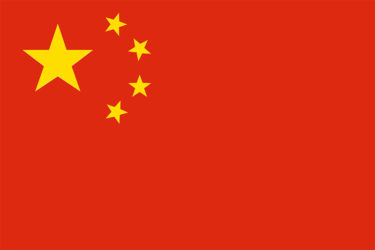China has approved 13 foreign-owned companies to begin operations in the country’s telecommunications sector on a pilot basis, according to state news agency Xinhua. This initiative aims to attract more foreign investment and stimulate economic growth. The Ministry of Industry and Information Technology (MIIT) granted permits allowing these companies to offer value-added services, including internet access and information services.
Companies receiving approval include Chinese affiliates of international telecom groups, such as Deutsche Telekom (OTCQX: DTEGY) and Siemens (OTC: SIEGY). These permits apply to projects in major cities including Beijing, Shanghai, Shenzhen, and the province of Hainan. Continue Reading
The Chinese telecommunications market is the biggest in the world, according to Inside Towers Intelligence. The three state-owned mobile network operators—China Mobile, China Telecom, and China Unicom—together serve nearly 1.8 billion subscribers, operate approximately four million cell sites, and have annual aggregate capital expenditures in the $45-50 billion range. China Tower, the state-owned tower company serving these MNOs, manages over two million towers.
MIIT’s decision is part of a broader strategy by Beijing to open up more sectors of the Chinese economy to foreign investors as a way to counteract the decline in foreign direct investment amid an economic slowdown and escalating trade tensions with the U.S. In January, actual foreign investment in China totaled $13.4 billion, reflecting a year-on-year decrease of over 13 percent, according to the Ministry of Commerce.
Earlier this month, the Ministry of Commerce and the National Development and Reform Commission introduced a 20-point plan to boost foreign investment, which includes measures to permit foreign businesses to invest in more sectors and gain easier access to financing. The plan outlines the gradual opening up of the biomedical, cultural, and education sectors to foreign investment. These measures follow similar initiatives in healthcare, telecommunications, and manufacturing from the previous year.
In September, Beijing removed foreign ownership restrictions on cloud services and other value-added telecom services within specific pilot zones.
A survey by the American Chamber of Commerce in Southern China showed that 60 percent of U.S. firms contacted said they would increase their investments in the Chinese market if Beijing provided greater market access.




Reader Interactions